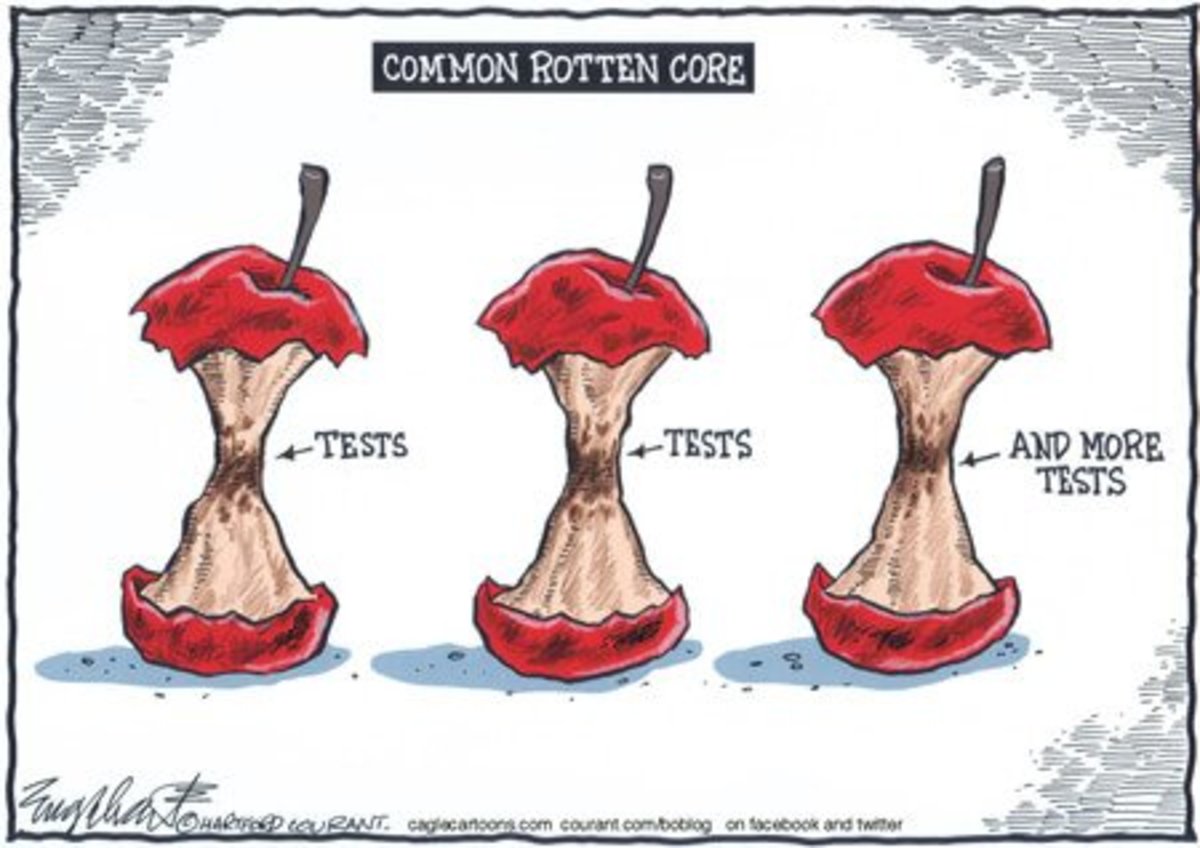BATs Letters to Senator Lamar Alexander and the H.E.L.P. Committee
From Jan. 16-Jan. 21 members of the Badass Teachers Association emailed the H.E.L.P. Committee regarding Testing and Accountability. This Blog post took up 85 pages and contains the heartfelt love and passion that teachers have for children and teaching. The letters in this post represent teachers, parents, and retired teachers from Ohio, Tennessee, New Jersey, New York, and many more states.
Dear Senator Lamar Alexander,
I am a third grade teacher in Washington State and I have been teaching for ten years. 7.5 in the classroom full time and 2.5 as a substitute teacher . For every year I have taught third grade in the past ten years I have given the a standardized test to my students. At first it was the WASL, then the MSP, and for this year it is the SBAC. Every year I have on average of 23-26 students, this year I have 26. My 26 students are a diverse group of students who love to learn, are eager to do well in school, and love to be creative.
In my classroom I have students reading at a middle school reading level and some who are still beginning to read and struggle with reading basic sight words. I have students who are able to do multi digit multiplication problems and others who still count on their fingers to solve 15-8. I have students in my room who are not at grade level and students who are well beyond grade level. Each one of my students deserves the best education they can get and when I take time out of teaching them to give them the SBAC this spring, or the myriad of other SBAC related practice tests prior to them taking the ELA and math SBAC.
As an educator I am all for assessments that are meaningful, inform my instruction, are beneficial for my use as well as beneficial for my students. The SBAC and other high stakes tests are not useful. Giving my students tests that can take up to several hours of one day, that I am not able to know the questions, or the answers, or even the results until after my students are no longer my students, is not what is best.
When, a student is sitting for a long period of time using a computer to test on, working to try to understand the questions, figure out logistically how to answer them and cite information from the text, as well as type responses, there is a whole lot that can go wrong. My students are 8 and 9 years old, they are learning how to type and for some still learning how to read.
The SBAC or any other high stakes test puts a huge spotlight on ONE day of their school year for ELA and ONE day of their school year for math. Their score can be affected by many things:
1. Lack of sleep from the night before.
2. Lack of a breakfast that morning.
3. Not being able to read at grade level and taking a test that is developmentally inappropriate.
4. Having a rough day, anything can upset a student in the morning and can affect their entire day and mood, as well as how they test.
5. A student who is ELL and is not tested in his or her own primary language.
6. A student who is on an IEP or 504 that is still given a test at their age grade level, even when they are in special ed and are below their age level peers academically.
This list can go on forever. I have students who have off days who normally do really well in the classroom. I have also had students who rush through their work just to get it done. I have students who stress over the smallest thing and want to get things all correct or shut down when things are too hard for them (perceived that it is too hard or it is actually too hard). My students are kids, young kids who are learning and working hard on a daily basis. We do a lot of great things and the biggest indicator of their success or lack of success to measure what they are learning are the daily observations or assessments I create, make, or give, not a high stakes test. My students are more than just a test score. They are students, they deserve to be learning in school not taking test after test.
In Washington State, we refused in the last legislative session to tie teacher evaluations to test scores and won. These types of tests that are created by Pearson; are setting up kids to fail, increasing the Badass Teachers Association:

















